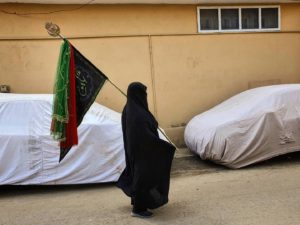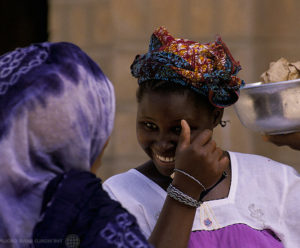The theory of intersectionality asserts that people are often disadvantaged by multiple sources of identifiers operating in relation to one another: ethnicity, class, gender identity, sexual orientation, religion, and/or disability.
What are the experiences of women who are considered the religious other”? What relations of power influence their positions within their religious communities, broader society and politics? Why have they been ignored by feminists and development actors?
Speakers are feminist activists from across the world and include:
- Mariz Tadros (Chair), CREID and IDS
- Heman Ramze, Iraq
- Fatima Suleiman, Nigeria
- Naumana Suleman, Pakistan
Please note all speakers could be named for reasons of personal safety.


